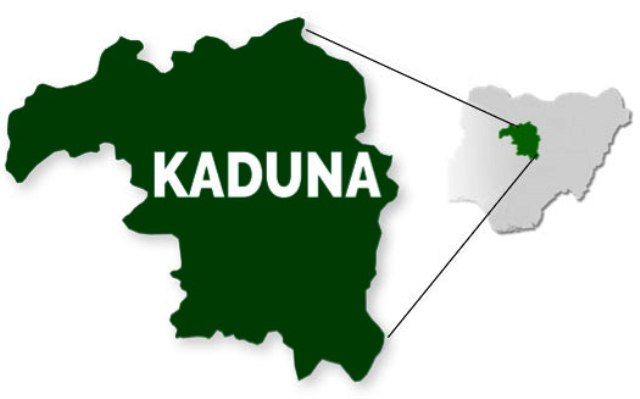Girls, women seek access to sexual, reproductive rights in Kaduna
Girls and women in Down Quarters community in Kaduna South Local Government Area have asked for an enabling environment to access Sexual and Reproductive Health Services (SRHS). This formed part of the findings of an advocacy for reducing barriers to accessing sexual and reproductive health services for women and girls in the community being implemented […]

Girls and women in Down Quarters community in Kaduna South Local Government Area have asked for an enabling environment to access Sexual and Reproductive Health Services (SRHS).
This formed part of the findings of an advocacy for reducing barriers to accessing sexual and reproductive health services for women and girls in the community being implemented by the Gender Awareness Trust (GAT) with funding from PathFinder.
How ‘ice storm’ destroyed farms in Katsina
Troops kill bandits, rescue 10 victims chained in Kaduna forest
The findings which was presented to the District Head of Down Quarters, Alhaji Danjuma Musa, by the Executive Director, GAT, Dr. Lydia Umar, in Kaduna further revealed that young girls between the ages of 12 and 19 have low knowledge of SRHS and are unable to make informed decisions about their reproductive health.
“Adolescent girls wished that their parents, especially their mothers, were the first to talk to them about sex, for those who did, the adolescent thought that their mothers did not really communicate because they were too vague.
“Their attempt to access SRHS at Primary Health Care (PHC) Centres were met with disapproval, hence, they ended up going to chemists or medicine stores to purchase services.
“77 percent of women between 20 to 34 years had minimal knowledge of SHRS while 90 percent are aware of the services and family planning options provided by PHC’s but only 50 percent access them due to lack of spousal support, lack of funds, harassment from in-laws, culture prohibiting child spacing, preference of services provided by local midwives and traditional birth attendants, religious beliefs and fear of side effects of family planning commodities.
“90 percent of older women between 35 and above have access to SRHS. 80 percent of the women have spousal support but however complained of the negative attitude of health workers towards them at the PHC and recommended that health workers should be trained to relate cordially with patients and exhibit unbiased attitudes towards adolescent girls.”
She urged the government to employ more health workers to provide services in the Down Quarters PHC saying they are currently only two staff and more volunteers and install solar panels to ensure the consistent availability of electricity.
Responding, the District Head, Alhaji Danjuma Musa, pledged his continued support to the project to ensure that girls and women are given access to sexual and reproductive health services.
He said, “The community is very vulnerable and needs to be sensitised on many issues because there are issues that have not been brought to the attention of members of the community which will be of immense benefit.”
He stressed that the most important thing is sensitization adding, “In those days, I remember that pregnant women are lectured on what they are supposed to do and eat while they are pregnant, during labour and even after birth.”
He lamented the attitude of some health workers which he said contributes to the lack of access to SRHS.
